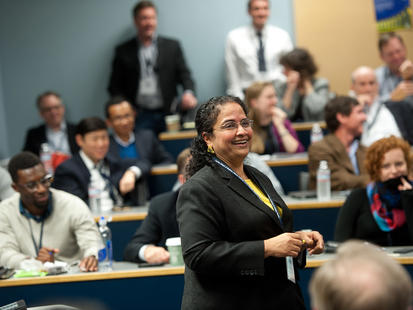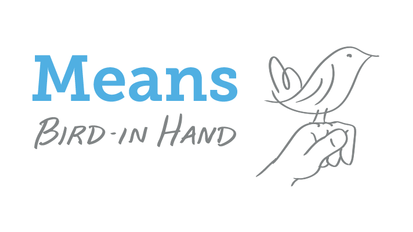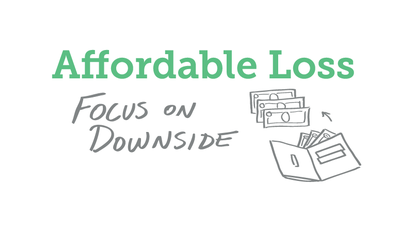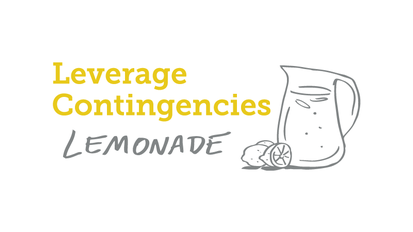
Foundational Idea
Effectuation - Overview
Effectuation
Effectuation is the unique logic expert entrepreneurs use to build new firms and markets.
Darden Professor Saras D. Sarasvathy discovered effectuation in the late 1990s as a result of in-depth studies of how expert entrepreneurs think, act, and make decisions in the initial stages of new venture creation. Sarasvathy published her findings in a bestselling book, Effectuation: Elements of Entrepreneurial Expertise in 2009.
Sarasvathy is recognized around the world for her groundbreaking research in the field of entrepreneurship. In 2023, she was honored as Schumpeter Innovation in Enterprise Lecturer at the European Union's SME Week for her pioneering work. In 2022, she received the Global Award for Entrepreneurship Research by the Swedish Entrepreneurship Forum.
Check out Professor Sarasvathy on Hidden Brain's episode Innovation 2.0: How Big Ideas are Born and follow-up Ask me Anything webinar.
Effectuation in Practice
Entrepreneurs operate in an environment characterized by high uncertainty. How they make decisions in that environment depends on the level of their expertise. While novice entrepreneurs tend to rely on predictive techniques, expert entrepreneurs know better than trying to predict the future. Instead, they manage uncertainty through non-predictive control.
Take FUBU’s founder and CEO Daymond John. In his conversation with Sarasvathy about launching a business he recommends starting with one’s means—the things within one’s control—and quickly bringing a prototype to potential customers.
When serial entrepreneur Richard Branson was launching Virgin Atlantic, he focused on controlling the downside by risking only what he could afford to lose, seemingly ignoring the predicted upside.
Doug Lebda (EMBA '14), founder and CEO of Lending Tree, had been using effectual decision-making long before he'd heard the term "effectuation".
As the CEO of an established company, Lebda encourages effectual thinking, including placing small bets on new ideas using the Affordable Loss Principle. According to Lebda, effectuation doesn't just apply to running a business but is also a way of living, which includes being open to surprises, or what Sarasvathy calls the Lemonade Principle.
Effectuation is highly teachable and learnable. In fact, Sarasvathy believes that anyone, regardless of age, can learn its principles.




